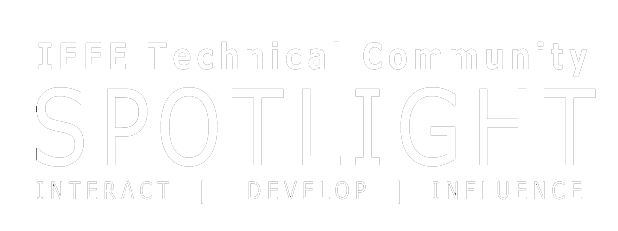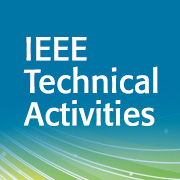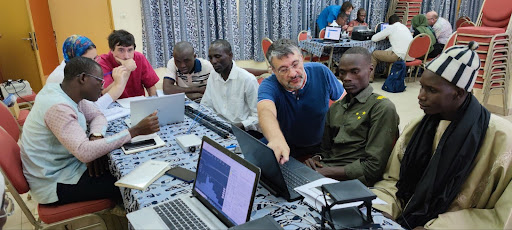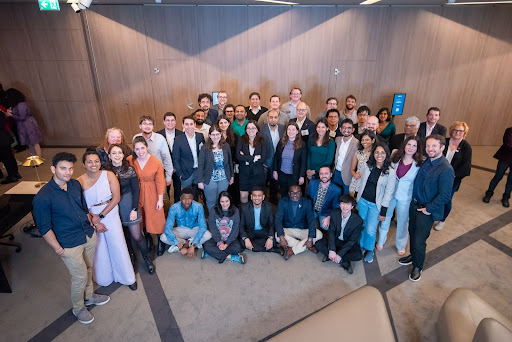 According to a 2014 report from the International Energy Agency, 19 of the 20 countries with the lowest supplies of electricity in the world are in sub-Saharan Africa. While much of the world’s regions boast seemingly limitless supplies of electricity, in many areas, such as this one, as few as one in three people have access to electricity, often using candles, kerosene lamps, and other potentially harmful sources to light the way. Resorting to ad hoc energy solutions presents substantial drawbacks, creating air pollutants that can damage human health and the environment, and costing two-to-five times more than energy sources that are more efficient. Nearly 4 billion people around the world live without reliable access to electricity, with a quarter of them having no access whatsoever.
According to a 2014 report from the International Energy Agency, 19 of the 20 countries with the lowest supplies of electricity in the world are in sub-Saharan Africa. While much of the world’s regions boast seemingly limitless supplies of electricity, in many areas, such as this one, as few as one in three people have access to electricity, often using candles, kerosene lamps, and other potentially harmful sources to light the way. Resorting to ad hoc energy solutions presents substantial drawbacks, creating air pollutants that can damage human health and the environment, and costing two-to-five times more than energy sources that are more efficient. Nearly 4 billion people around the world live without reliable access to electricity, with a quarter of them having no access whatsoever.
In the March 2016 issue of IEEE Electrification Magazine, the article, “Fueling Sustainability: The exponential impact of empowering off-grid communities,” discusses IEEE’s hand in ensuring that alternative means for basic electricity services are brought to the world’s off-grid communities. The effect of this is illuminating in many ways: it does not solely allow individuals to see better; rather, the introduction of electricity is “widely regarded as a keystone to overcoming poverty, dramatically enhancing quality of life, and encouraging sustainable community prosperity.” Additionally, access helps communities achieve other benefits as a result, including education, better public health services for clean water and sanitation, and opportunities for participating in the global economy.
Organized in 2010 as the IEEE Community Solutions Initiative, IEEE Smart Village (after a name change in 2015) initially transpired as a mechanism through which to develop a reliable, low-cost source of electricity for those in Haiti affected by a devastating earthquake. The SunBlazer – an open-source, modular, easy-to-install photovoltaic (PV) community charging station was created, giving community residents a way to power portable battery packs to provide light. By partnering with a local non-profit, Sirona Cares, IEEE Smart Village was able to increase its presence in the area, bringing power sources to 55 villages across Haiti. Following this success, a more extensive vision for IEEE Smart Village began to form: the program now seeks to bring basic electrical and educational services to more than 50 million people by 2025 and has spread to additional markets, including Nigeria, South Sudan, India, Zambia, and Kenya.
What do you think?
IEEE Collabratec sign up is free using your IEEE Account.
Why has IEEE Smart Village been so successful? The answer lies, perhaps, in its business model. In a time when entrepreneurship is an attractive idea across the globe, IEEE Smart Village exists to empower off-grid communities through education and the development of sustainable local energy businesses (microutilities) that are owned and operated by local entrepreneurs. In perpetuating this structure, IEEE Smart Village is not just about delivering energy, nor is it a charity. Instead, it is a vehicle by which long-term partnerships are established, best practices are shared, and local entrepreneurs are empowered to profitably establish and manage fruitful businesses. This makes the project economically viable, as each individual market pitched by a potential entrepreneurial partner is studied and evaluated to determine the likelihood of it becoming a sustainable business. If a market is deemed appropriate, IEEE Smart Village provides tools to these entrepreneurs, developing systems for their use and connecting entrepreneurs to a global network of support.
IEEE Smart Village also provides numerous education opportunities to “help spur social enterprise and stimulate sustainable community prosperity in the world’s poorest, most energy-deprived regions.” By offering vocational training and coursework in integrated development practice, IEEE Smart Village helps local entrepreneurs introduce business offerings to their local customers, “contributing to the creation of local jobs and family businesses, and increasing income throughout the community.”
An IEEE Smart Village project is more than just a means to a technical end: it truly has the ability to touch all members of the communities it serves, from those receiving the gift of electricity to those contributing its local, operational success. The opportunities that the program provides will continue to be realized as IEEE Smart Village expands its scope to potential locations in Burkina Faso, Gambia, and Malawi.
Read more about IEEE Smart Village in the March 2016 issue of IEEE Electrification Magazine, and visit the IEEE Smart Village website for additional information.






2 Responses
I have a good friend who has been working with the Massaii villages on the Kenya/ Tanzania border near Arusha, Tanzania ofr the past four years. He is assisting them in building schools, growing and irrigating crops, developing small business enterprises, and facilitating basic health care. He operates a charitable organization which is self funding along with some donations. I have been trying to find out through IEEE as to whether his organization might qualify for assistance under the Smart Village program, and how he may apply for assistance in obtaining solar power for these people. I have had no response to any of my emails directed to three different directors/ managers in the Smart Village program. I am asking for assistance in exploring this possibility. Who can I contact? What is the application process? I would appreciate some sort of response on this.
Hello Gary,
I am from Kenya and a Member of IEEE. I am aware of the IEEE Smart village Project and I am on a mailing list of the core team. If you could give me the details of your friend , I can get in touch with IEEE and see what can come of it.
Thanks